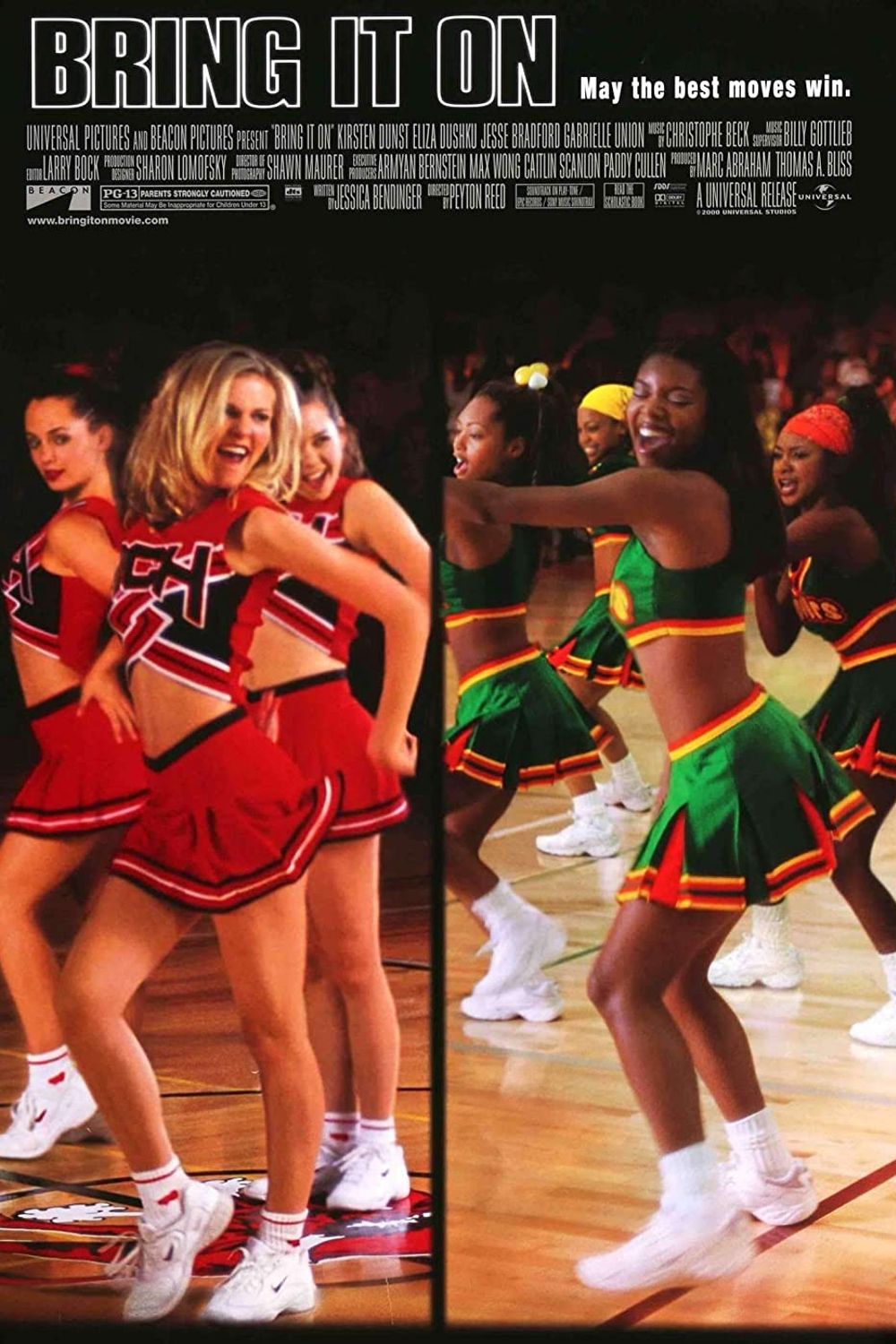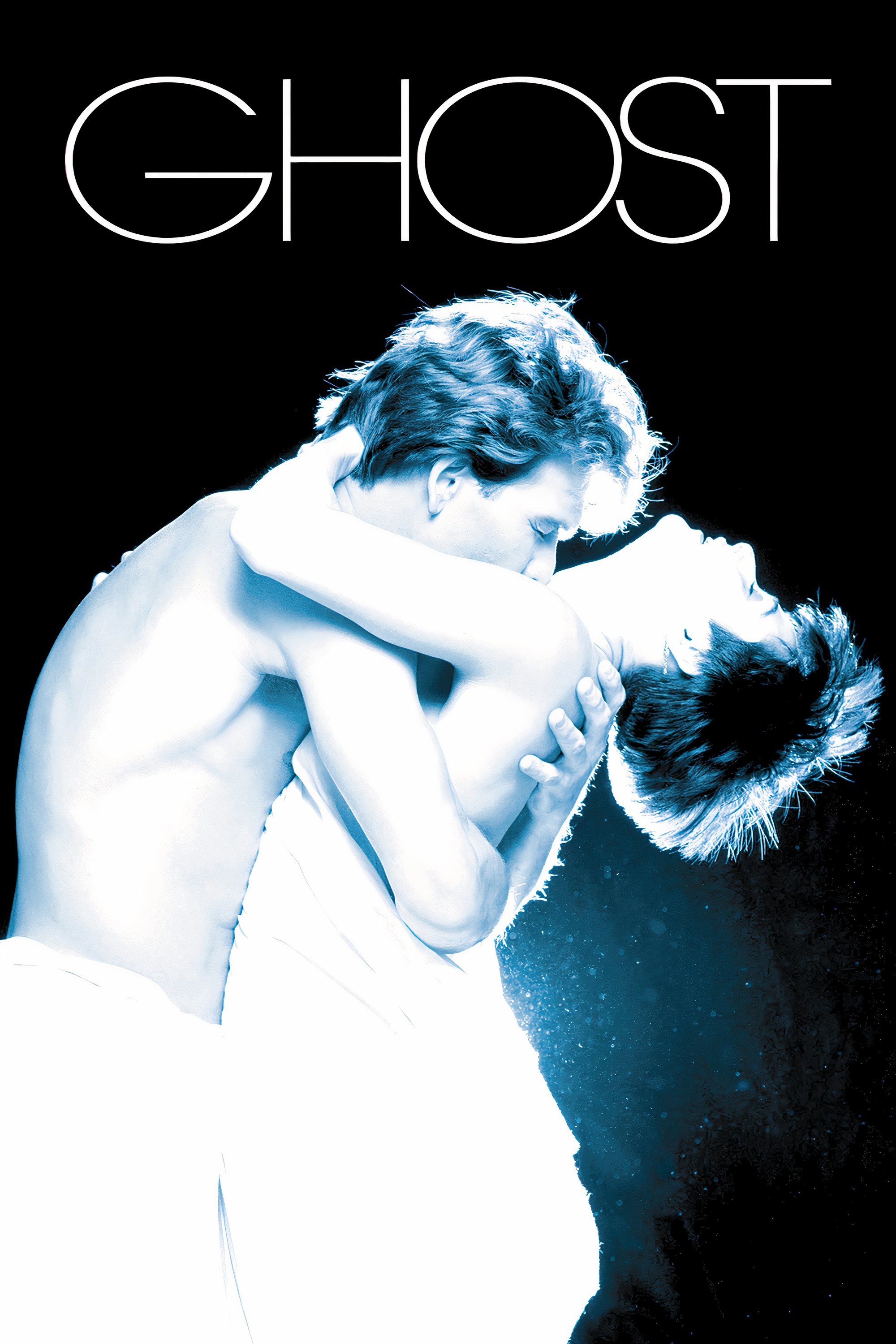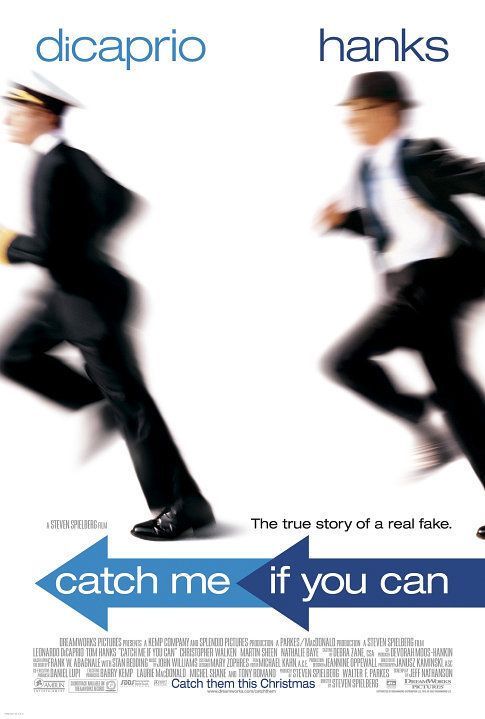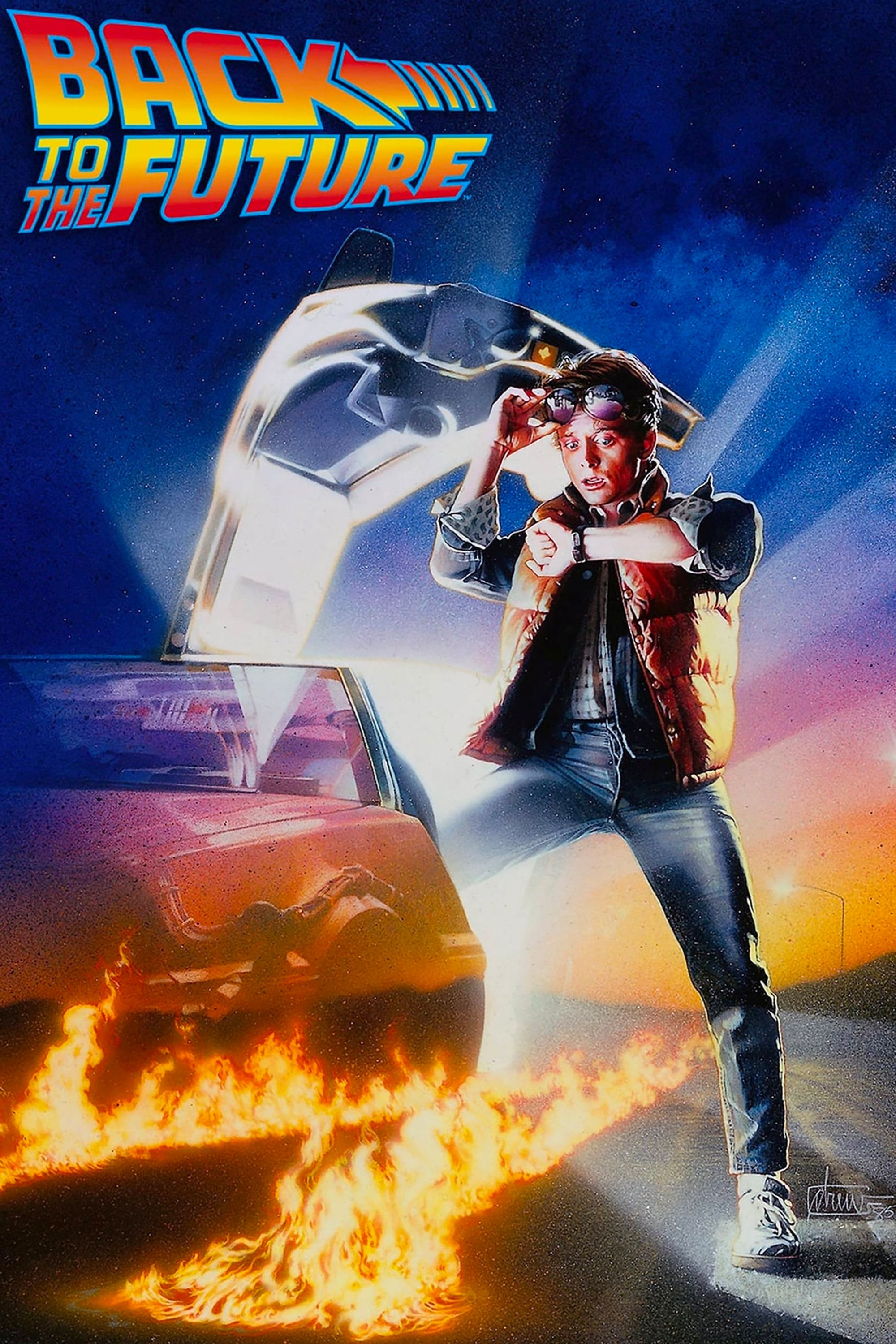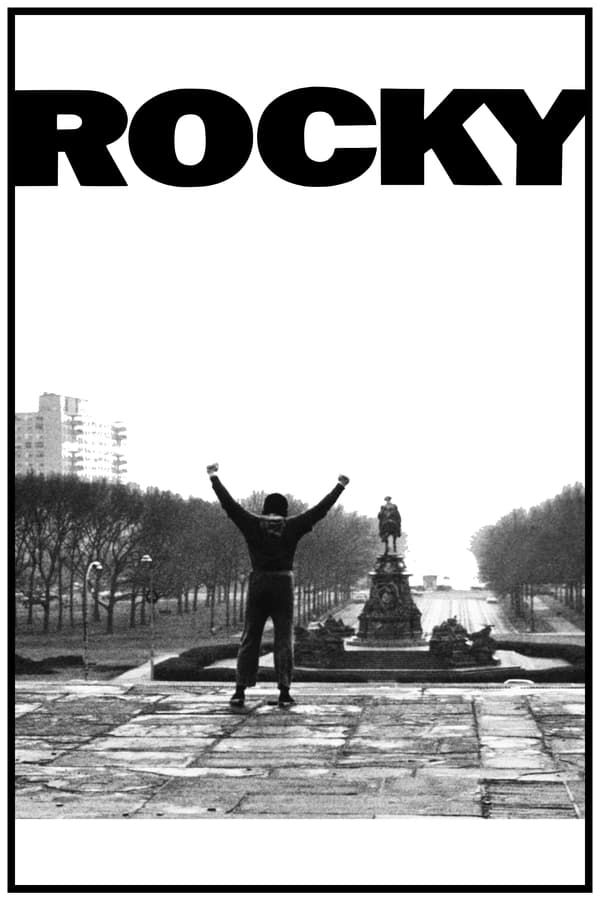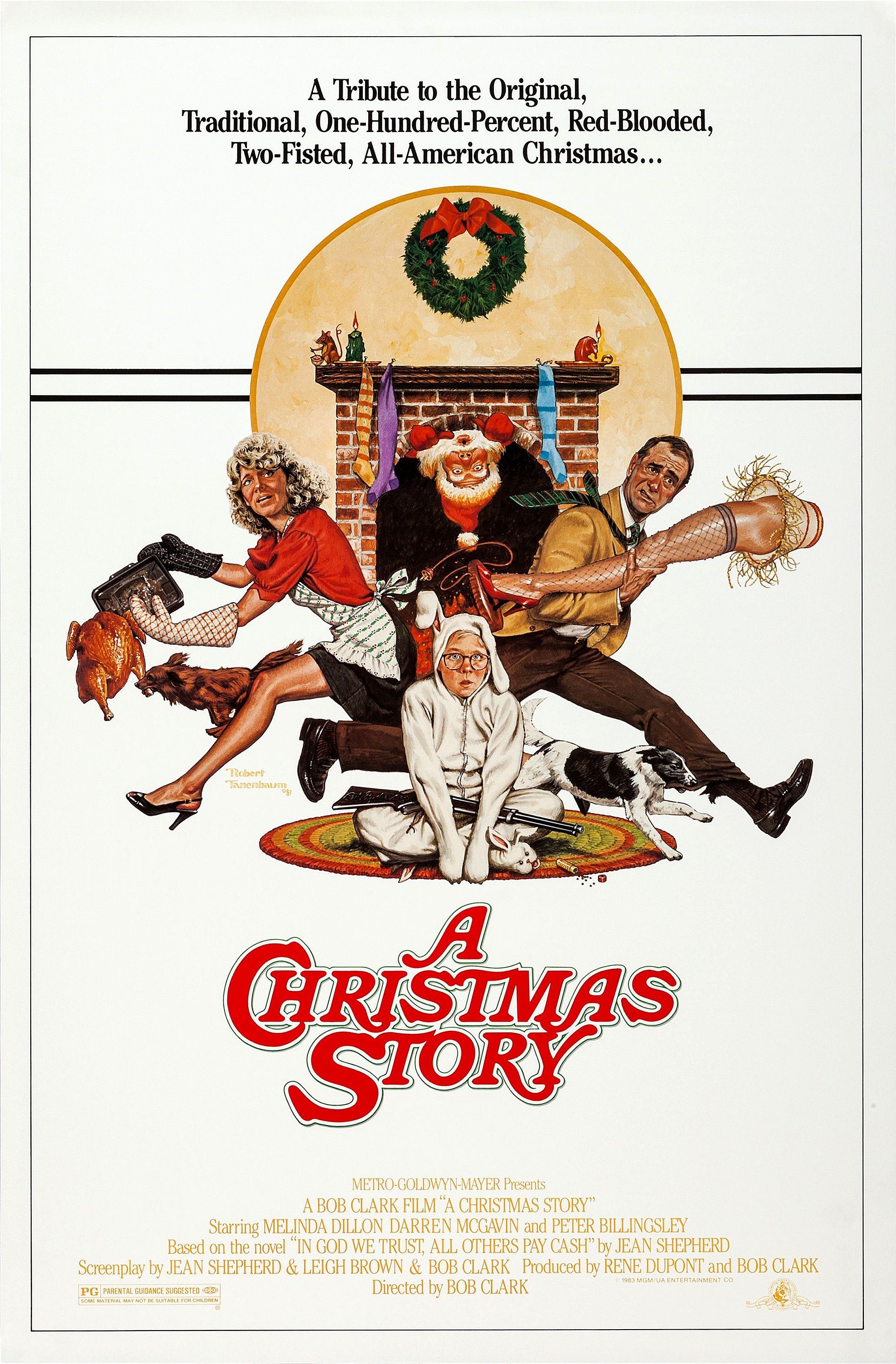In recent years, Broadway has begun shifting its focus toward a new means of attracting people to its theaters: adapting popular movies into live, showstopping musicals and plays. By capitalizing on the pre-existing fan bases of the films which inspired them, many of these shows have become hugely successful, both critically and commercially. After all, some beloved films just feel as though they were born to have their stories told on the stage.
Some of these movies-turned-Broadway-shows, however, have actually come as huge surprises to audiences, including the fans of the original films. To many, especially those not actively invested in the world of theatre, it can be difficult to envision how certain stories could be told on stage, both in a practical sense and in terms of their subject matter. Regardless of how successful they proved to be, these films defied expectations and experienced an exciting new life on a Broadway stage.
10 Big Fish (2003)
The Movie Has A Somber Tone
Tim Burton’s movies often feature crazy stories, larger-than-life characters, and awe-inspiring set pieces; all elements that feel right at home on Broadway. Because of this, it certainly came as a bit of a surprise when one of the iconic director’s most grounded, dramatic films was given a rebirth on Broadway.
Based on the novel by Daniel Wallace, Burton’s 2003 film, Big Fish, follows Will Bloom, a man who sits by the side of his ailing father and listens to him tell various tall tales about his life, most of which have definitely been told many times before. Big Fish may not be the only Burton film to eventually become a Broadway show, but it is certainly the one that came as the biggest surprise.
Related
10 Movies That Should Be Adapted Into Broadway Shows
Whether comedic dramas or full-on Disney musicals, there are many movies that would blow away the audience from a stage on Broadway.
The somber tone of the film seemed to contrast greatly with the mood of most Broadway shows based on movies, which were typically more on the lighthearted side. This contrast was amplified by the decision to turn the film into a musical, one of the many major changes made in the process of translating the dramatic fantasy film to the stage.
9 Bring It On (2000)
A High School Story With A Limited Audience
Typically, when movies are turned into Broadway shows, a significant part of the decision to do so involves financially capitalizing on the film’s popularity. The greater the number of people who love the original movie, the greater the number of theater-goers will be. This factor is part of why the Broadway adaptation of Bring It On was so unexpected.
Bring It On is a 2000 comedy film about the ultra-competitive world of high school cheerleading. While the film did achieve “cult classic” status, it is still far from the most popular tier of movies.
Its target audience is even further limited by its existence as a high school movie, significantly reducing the age range of potential audience members. Furthermore, the Broadway show did not debut until over a decade after its initial release, failing to capitalize on any recency-based popularity. The highly limited audience made Bring It On a very surprising choice for Broadway.
8 Ghost (1990)
The Ghostly Effects Are Hard To Replicate On Stage
In 1990, Airplane! director Jerry Zucker made a bold departure from his typical style when he made the critically acclaimed romance film, Ghost. The five-time Oscar-nominated film follows Sam, a ghost who enlists the help of a psychic to continue observing and protecting his beloved girlfriend, Molly, after he is tragically killed.
When it was revealed that
Ghost
would be given a new life on Broadway, many fans of the original film were puzzled about how certain elements of the story could be performed live.
Though the film was massively successful, it did feel like a somewhat peculiar choice when the story was brought to Broadway over twenty years after its initial release. When it was revealed that Ghost would be given a new life on Broadway, many fans of the original film were puzzled about how certain elements of the story could be performed live.
After all, performing some of the ghostly effects live would certainly require a great deal of creativity and innovation, as the feats would have to be done without the use of editing tricks. Though the musical adaptation received mixed reviews overall, high praise was given to the visual effects created by the lighting and scenery, which captured as much of the film’s magic as possible.
7 Elf (2003)
A Broadway Show That Only Makes Sense During The Holiday Season
The 2003 comedy, Elf, starring Will Ferrell, is undoubtedly one of the most popular Christmas movies of all time. In the film, Ferrell plays Buddy, a human who was mistakenly adopted and raised by Santa and his elves at the North Pole. The heartwarming story of Buddy venturing into New York City to find his real father has been charming audiences for many years now.
However, the tender nature of the story did not make it any less surprising when Elf found its way to Broadway in 2010. First, and perhaps most obviously, Elf is a holiday movie. Therefore, there would likely only be an interested audience for a couple of months at most.
Because of the high amount of time, effort, and money that goes into preparing a Broadway show, it felt like a very unusual choice to create a musical that would have such a limited audience. Furthermore, a lot of the magic of Elf came from the stellar, humorous-yet-heartwarming performances of its main cast. Fans of the film knew that it would be nearly impossible to fully capture the magic of the original cast.
6 Catch Me if You Can (2002)
The Movie Takes Place Around The World
Back in 2011, few would have expected a crime drama to be the next film to become a fun, splashy musical on Broadway. Based on the 2002 film directed by Steven Spielberg, Catch Me if You Can defied these expectations by dazzling audiences and critics alike, even managing to secure four Tony nominations.
The film (and its musical adaptation) tells the story of Frank Abagnale Jr., who successfully conned his way into receiving millions of dollars by posing as people of various prestigious professions, all before he turned twenty years old. Catch Me if You Can may have been an acclaimed film thanks to its impressive direction and stunning cast (which included Leonardo DiCaprio, Tom Hanks, and Christopher Walken), but it still felt like a strange choice to be turned into a musical.
For one, the film felt far too wide-ranging to be contained on one stage, taking place all over the world, and over multiple years. Additionally, despite its comedic moments, the film employed a dramatic tone overall, which many feared would be diminished by the inclusion of many vibrant show tunes.
5 Life of Pi (2012)
The Story Depended On The Presence Of A Bengal Tiger
The original film, directed by Ang Lee, was hugely successful, and the story was certainly worthy of a retelling. The surprise surrounding Life of Pi‘s Broadway adaptation was more with regard to the logistics of performing the story live. Clearly, it would not have been a wise decision to have a live tiger in a Broadway theater.
Among the most recent examples of Broadway shows based on movies is Life of Pi, which had its Broadway debut in 2023, 11 years after the release of the film. Life of Pi tells the incredible story of a 16-year-old boy named Pi who miraculously managed to survive for over two hundred days at sea, all while stuck on a small lifeboat with a hungry Bengal tiger.
However, the story of Life of Pi could not be told without the presence of the fearsome animal. Because of this, potential audiences were initially quite puzzled as to how this adaptation could possibly happen. Fortunately, thanks to the mesmerizing set design and some innovative puppetry techniques, Broadway was able to find a proper way to recreate the incredible story.
4 Back to the Future (1985)
How To Recreate A Flying, Time-Traveling DeLorean?
Few films from the 1980s are quite as iconic as Back to the Future. The 1985 sci-fi comedy film has been entertaining audiences for decades with its clever writing, impressive effects, and lovable characters. The film follows Marty McFly, a teenager who must help his parents fall in love after accidentally traveling back in time and altering the past.
Even with its huge fan base, however, many theater-goers were rather shocked when a Back to the Future musical was announced. While Back to the Future has all the humor and heart that audiences love to see in stage shows, it also has many elements that don’t typically belong on stage; perhaps most notably, a flying, time-traveling DeLorean.

Related
I Only Just Noticed This Genius Back To The Future Detail Now, Almost 40 Years Later
This hidden detail in Back to the Future is so subtle and easy to miss, but it’s also super smart and highlights the cleverness of the filmmaking.
Some of the iconic effects used in Back to the Future, particularly those in the climactic scene, did not feel as though they could be done proper justice onstage. Audiences were very skeptical, both about the effects, and whether anyone could live up to the iconic performances of Michael J. Fox and Christopher Lloyd.
3 Rocky (1976)
The Tone And The Subject Matter Of The Movie Didn’t Seem Right For The Stage
Rocky, the 1976 film which launched the career of Sylvester Stallone, is one of the most iconic sports films of all time. The inspiring underdog story of Rocky Balboa (Stallone) resonated deeply with audiences and astounded critics, nabbing an impressive ten Academy Award nominations, including a win for Best Picture.
Because of its massive success, it wasn’t too shocking when Rocky was followed by numerous sequels. The big surprise, however, came years later, when it was revealed that Rocky would be transformed into a Broadway musical. To many, Rocky felt like a bizarre choice to turn into a musical. Both the tone and the subject matter of the film seemed to clash heavily with the stories typically portrayed on Broadway.
Furthermore, fans of the movie were left baffled by the idea of how the pivotal boxing match could be acted out on stage night after night, especially knowing the brutal, bloody nature of the fight. The musical did manage to achieve some success, though, earning four Tony nominations and one win.
2 A Christmas Story (1983)
It Would Only Have An Interested Audience During The Christmas Season
Although A Christmas Story has been a family favorite during the holiday season for many years, it did not have quite as significant of an impact on Broadway. Based on the writings of Jean Shepherd, the 1983 comedy recounts the story of a 1940s family trying to have a happy Christmas together, as seen through the eyes of a young boy, Ralphie.
A Christmas Story was met with the same confused reaction as other holiday-centric Broadway adaptations over the years. Even with the film being as popular as it was, turning a Christmas movie into a Broadway musical felt like a rather questionable decision.
Even though the creators would have to put the same amount of care and dedication into producing it as they would with any other show, it would only have an interested audience for a month or two. The foreseeably-limited run made A Christmas Story an unexpected choice for Broadway.
1 King Kong (1933)
Arguably the most completely unexpected film to be adapted into a musical is King Kong. Although the historic monster movie does get credit for introducing one of cinema’s most iconic creatures, it is hard to imagine any element of the film lending itself to a musical. The first (and most blatant) reason for the surprise surrounding the musical’s announcement is that the titular character is a nearly 30-foot-tall ape.
Although the historic monster movie does get credit for introducing
one of cinema’s most iconic creatures
, it is hard to imagine any element of the film lending itself to a musical.
Theatre and film fans alike struggled to fathom how this creature could be properly depicted on stage. Even setting aside the logistics of Kong himself, it was hard to understand the thought process behind bringing King Kong to Broadway. By the time the adaptation was being made, the film was eighty years old, with a story that was highly outdated in various aspects.
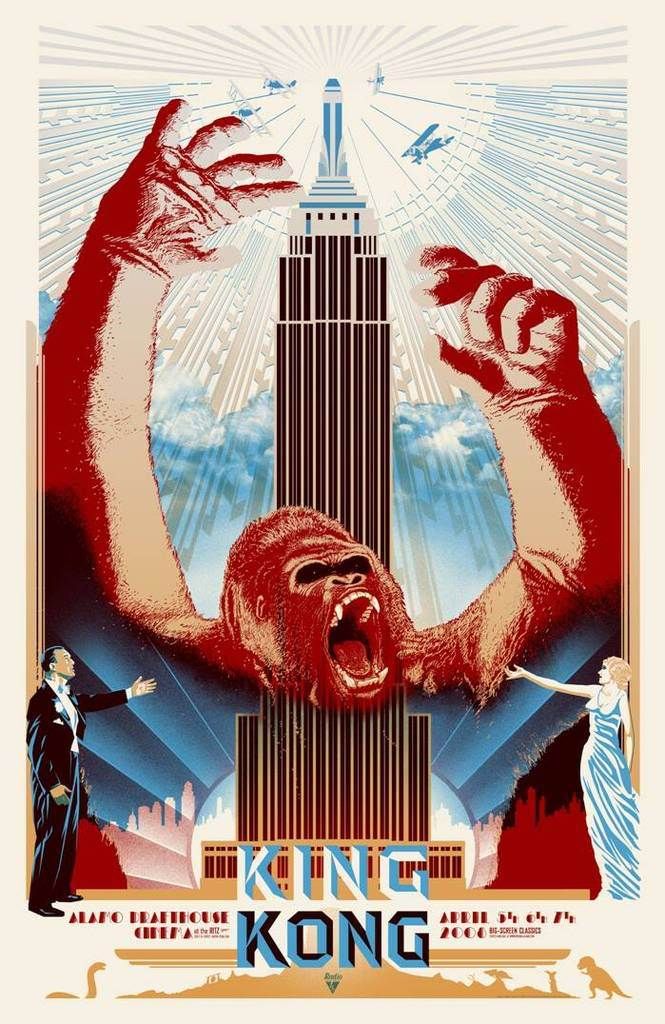
King Kong (1933) is a classic adventure film following filmmaker Carl Denham, who travels to Skull Island to capture footage of a legendary giant ape named Kong. Fay Wray stars as Ann Darrow, the woman Kong becomes infatuated with, while Robert Armstrong and Bruce Cabot also play pivotal roles. The movie is renowned for its groundbreaking special effects and compelling narrative.
- Director
- Merian C. Cooper , Ernest B. Schoedsack
- Writers
- James Ashmore Creelman , Ruth Rose , Merian C. Cooper , Edgar Wallace , Leon Gordon
- Cast
- Fay Wray , Robert Armstrong , Bruce Cabot , Frank Reicher , Sam Hardy , Noble Johnson
- Runtime
- 100 Minutes
- Main Genre
- Adventure
The original version was also notably a non-musical film, as was just about every other film of the monster movie genre. All things considered, bringing King Kong to Broadway (and as a musical nonetheless) was a decision that took everyone by surprise.



